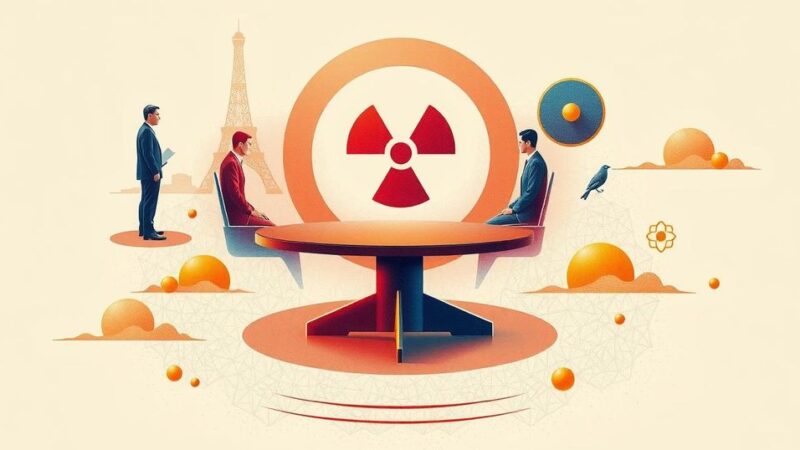On Sunday, eastern Cuba experienced multiple earthquakes, including a significant 6.8 magnitude tremor. Reports indicate the epicenter was located off the coast, with felt effects in major cities like Santiago de Cuba. No immediate injuries or damages were reported. The seismic activity follows a tumultuous period for Cuba, marred by hurricanes and widespread power outages, and highlights ongoing challenges faced by the island’s residents.
On Sunday, eastern Cuba experienced a series of earthquakes, including one of 6.8 magnitude, with additional tremors recorded at magnitudes of 5.9 and 4.6. The epicenter was identified approximately 25 miles south of Bartolomé Masó, as reported by the United States Geological Survey (USGS). The seismic events were felt widely across the eastern regions, notably in larger cities like Santiago de Cuba. Fortunately, there have been no immediate reports of injuries or damages. Santiago residents expressed feelings of unease following the quake, with many taking to the streets for safety. Yolanda Tabío, a 76-year-old local, shared her observations, noting the alarming movement of structures. “You had to see how everything was moving, the walls, everything,” she stated. On the same day, Puerto Rico experienced multiple smaller quakes, with residents in Miami mistakenly believing they felt aftershocks; however, local authorities confirmed that no such seismic activity had occurred there. These earthquakes follow a challenging period for Cuba, compounded by natural disasters. Just days earlier, Hurricane Rafael struck the western part of the island, causing widespread power outages and destruction to hundreds of homes, displacing many residents. In recent months, Cuba has dealt with significant energy crises, leading to extensive blackouts and notable public dissent, sparking protests across the nation. Such events underline the ongoing struggles faced by the island’s inhabitants and the ramifications of natural disasters in a context of socio-economic challenge.
The recent earthquakes off the south coast of Cuba are indicative of the region’s geological activity, which often experiences seismic events due to the interaction of tectonic plates. Historically, Cuba has endured numerous natural disasters, and the current series of earthquakes comes on the heels of devastating hurricanes and power crises. These natural challenges are exacerbated by the socio-economic difficulties facing the nation, culminating in a complex emergency for its citizens. Authorities and emergency services remain on alert as they assess the situation and provide support to those impacted by ongoing natural events.
In conclusion, the series of earthquakes off the south coast of Cuba, particularly the significant 6.8 magnitude quake, underscores the ongoing geological activity in the region. Coupled with recent hurricanes and prevailing energy issues, these events reflect the multifaceted challenges faced by the Cuban population. As residents cope with the aftermath of these crises, the resilience and solidarity within communities are paramount in addressing both immediate needs and longer-term recovery efforts.
Original Source: www.cbsnews.com






